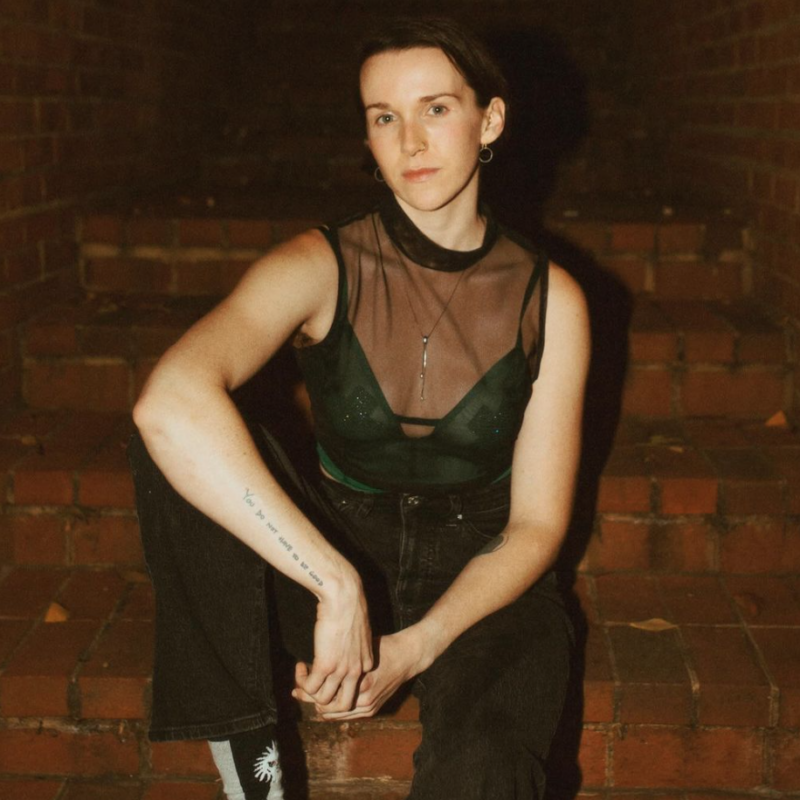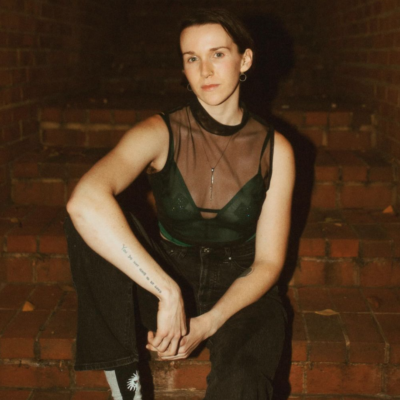 An attractive young journalist returns to the place where she spent her youth as an ugly duckling in Tamara Drewe, from the celebrated British director Stephen Frears (The Queen, High Fidelity, Dangerous Liaisons), which opens at Vinegar Hill Theatre on Friday.
|
The structure seems faintly classical. Moira Buffini’s script adapts Posy Simmonds graphic novel, itself a clever turn on Thomas Hardy’s novel Far From the Madding Crowd. With a few well-managed exceptions, Hardy’s heavy gloom has mostly been dissipated. It’s not archly tragic so much as situationist and true enough to life: Resolution seems both inevitable and accidental. Even the occasional eye-roll moments in Tamara Drewe seem strangely necessary, as if designed to calibrate the audience with just enough detachment to appreciate the overall absurdity.
This is Woody Allen territory (even, nowadays, the part about being in England), and he might have given the same material more sparkles than catch the eye here. But director Stephen Frears is right for this job if for no other reason than because he is willing to push a potentially deadened artifact—an adaptation of an adaptation—with such verve.
And if this director makes it look easy, it must be in part from his years of focused practice. As in Dangerous Liaisons or The Grifters or High Fidelity, there is the nimble social observation. As in The Queen, there is the inner life of a woman in charge. And as in most Frears films, there is no sense of the story being subordinated to auteurist ego-strokes. You know a film is his not for any stylistic gimmick but because it’s alive and worth watching. And because he has a way of getting greatness from actors without seeming to want credit for it.
It’s accurate, but unfairly diminishing, to label Tamara Drewe as deceptively light. Arguably, it’s as unmemorable as so many of the year’s other movies have been. The crucial distinction is that it doesn’t pretend otherwise.





